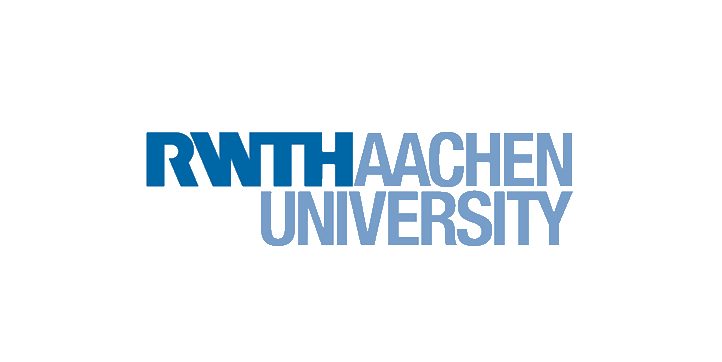RWTH Aachen University: Schöck Prize for two RWTH PhD students
Master theses in civil engineering on the material carbon concrete and the deformation of reinforced concrete slabs were awarded.
The young RWTH researchers Henrik Becks and Matthias Kalus are awarded the Schöck Bau Innovation Prize. The respective master’s thesis by the engineers, who both completed both the bachelor’s and the master’s degree in civil engineering at RWTH Aachen University, is worthy of the award. The doctoral students have been working at the RWTH Institute for Concrete Structures under the direction of Professor Josef Hegger since mid-2020. The Schöck Bau Innovation Prize has been awarded since 2000, and in 2021 to four Master’s graduates.
The topic of Henrik Becks’ thesis is the “Influence of normal forces on the shear load-bearing capacity of slab strips made of carbon concrete”. The material carbon concrete has been intensively researched for 20 years and is now to be standardized. While the shear force behavior of carbon concrete has been investigated for several years, the simultaneous interaction with normal tensile forces has not received any attention so far. In practice, however, the stresses can be superimposed. Since the load-bearing capacity is then reduced, it must be taken into account in the dimensioning. Becks carried out the first experimental and numerical investigations, derived fracture mechanisms and developed a design proposal. The 25-year-old graduated with honors in May 2020,
“Implementation of a kinematic punching shear model with two degrees of freedom for point-supported reinforced concrete slabs” is the title of Matthias Kalus’ master’s thesis. Due to the risk of sudden “punching through”, this dimensioning detail requires special attention when planning modern buildings. So far, there have been numerous, predominantly empirically derived, design models for determining the maximum punching shear load. These neither explain the mechanical background nor do they allow the deformations to be determined. By using two independent degrees of freedom and a new solution strategy, it is now possible to map the deformation behavior of reinforced concrete slabs over the entire loading process. Kalus, born in 1995, graduated with honors in May 2020. During his studies he was supported by a Germany scholarship and an Erasmus scholarship. He reached a place on Dean’s List of the best students and received the Josef Pirlet Prize in 2017 to support a study visit abroad.

